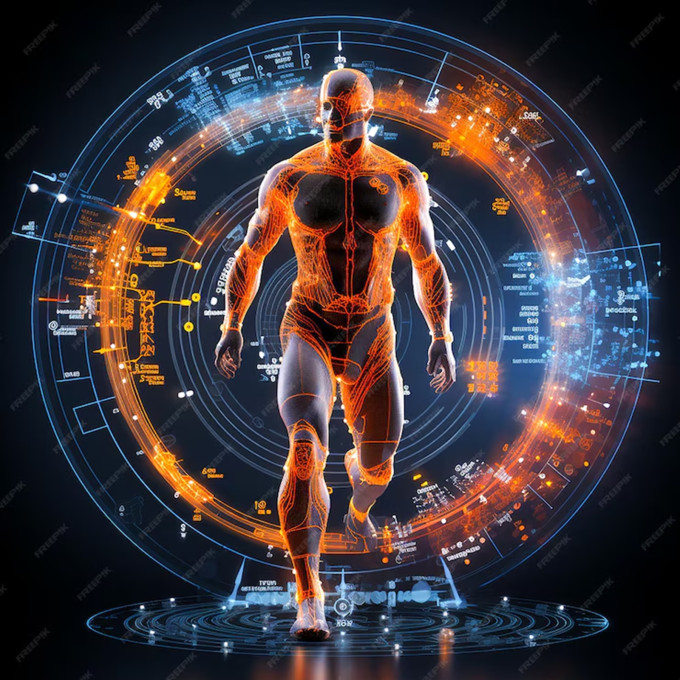What happens to your body if you eat nothing for three days?
The human body is a remarkably resilient and adaptive machine, capable of enduring periods of scarcity and deprivation. However, when deprived of sustenance for an extended duration, without consuming any food, the body undergoes a series of profound physiological changes in an effort to preserve its vital functions.
While fasting is an integral part of Indian tradition and has been observed since ancient times, Dr Palleti Siva Karthik Reddy tells indianexpress.com what happens when we eat nothing for three consecutive days.
Dr Palleti Siva Karthik Reddy, MBBS, MD General Medicine, consultant physician explains, “When you embark on a 3-day fast, your body undergoes several physiological changes. Initially, your body uses up stored glucose for energy. Within the first 24 hours, this glycogen is depleted, and your body starts gluconeogenesis, creating glucose from non-carbohydrate sources like amino acids.”

By the second day, he adds, your body begins ketosis, breaking down stored fats into ketone bodies to use as energy, particularly for the brain. “This metabolic switch helps preserve muscle tissue and supports energy needs without relying on muscle protein breakdown.”
 Fasting can result in weight loss, primarily from fat stores, while preserving muscle mass (Source: Freepik)
Fasting can result in weight loss, primarily from fat stores, while preserving muscle mass (Source: Freepik)
How does the body’s metabolism adapt?
As the fast progresses, Dr Reddy shares, your metabolism adapts by reducing insulin levels and increasing norepinephrine levels, which can enhance fat burning. “The reduction in insulin also helps in releasing excess salt and water from the kidneys, often resulting in initial weight loss due to water loss.”
Over the three days, your metabolism might temporarily increase due to the elevated norepinephrine but will eventually slow down to conserve energy as the body adjusts to the lack of food intake.
Potential risks or benefits associated with a 72-hour fasting period
According to Dr Reddy there are several benefits and risks associated with not eating any food for 3 days. These are as follows:
Benefits
Autophagy: This is a cellular cleanup process that removes damaged cells and regenerates newer, healthier ones.
Improved Insulin Sensitivity: Fasting can enhance your body’s response to insulin, reducing the risk of type 2 diabetes.
Mental Clarity: Many people report heightened mental clarity and focus due to increased production of brain-derived neurotrophic factor (BDNF) during ketosis.
Weight Loss: Fasting can result in weight loss, primarily from fat stores, while preserving muscle mass .
Risks
Dehydration: Without the water content from food, there’s a risk of dehydration. It’s crucial to drink plenty of water.
Electrolyte Imbalance: Prolonged fasting can lead to an imbalance of essential electrolytes like sodium, potassium, and magnesium.
Hypoglycemia: Low blood sugar levels can cause dizziness, headaches, and fainting.
Sleep Disturbances: Hunger pangs and metabolic changes can disrupt sleep, causing fatigue and irritability .
Disclaimer: The copyright of this article belongs to the original author. Reposting this article is solely for the purpose of information dissemination and does not constitute any investment advice. If there is any infringement, please contact us immediately. We will make corrections or deletions as necessary. Thank you.
